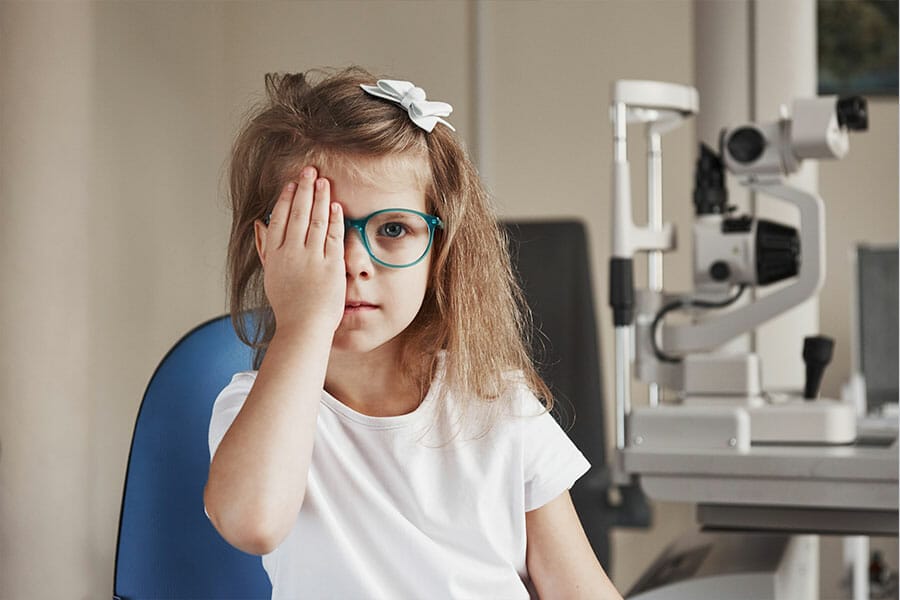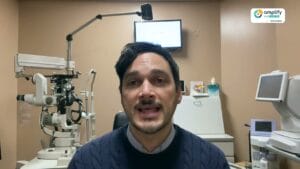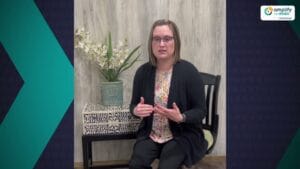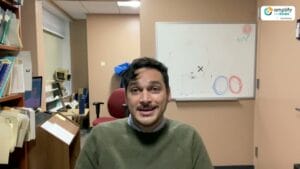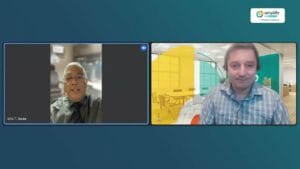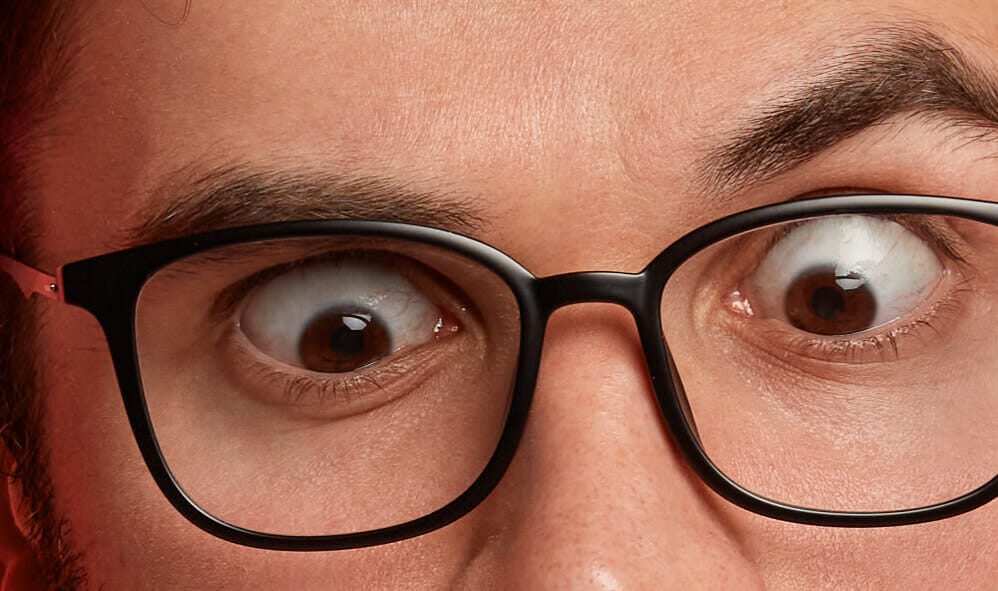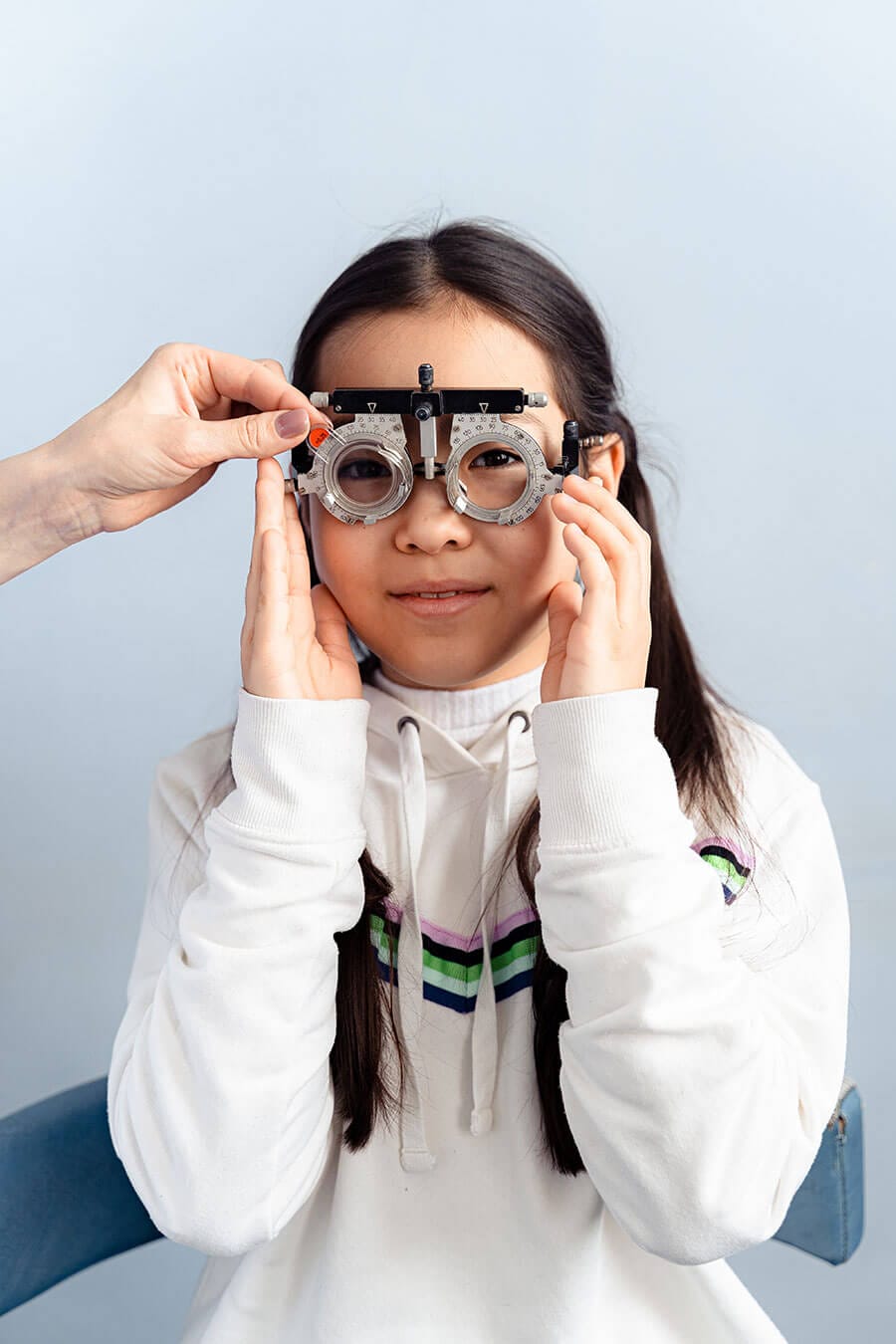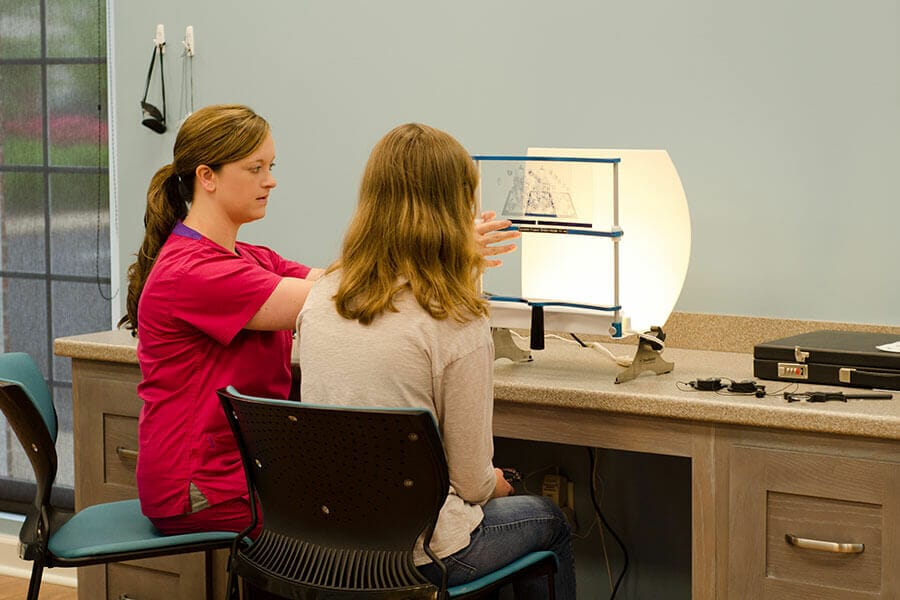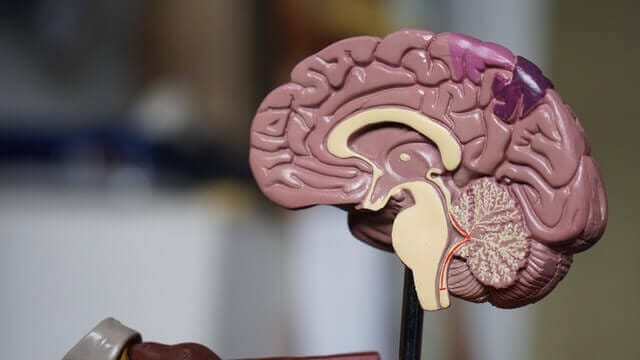It used to be thought that we could only train the brain using the concept of neuroplasticity only up until age eight. We now know that neuroplasticity applies well into adulthood which enables us to successfully achieve goals through vision therapy in older children, teenagers and even in adults. It is true that the effectiveness is often lower in adults than it is in children, however neuroplasticity still allows us to achieve great improvement in the overall function of adults which can greatly improve their lifestyle. For example, sometimes with adults the goal is not to reach 20/20 vision, but rather to strengthen peripheral perception so that when driving, the adult can be more aware of the surroundings, more comfortable with the cars around you, allowing for safe driving. The goal of vision therapy for adults could have more of a focus on day to day functionality as opposed to visual acuity on the eye chart.

